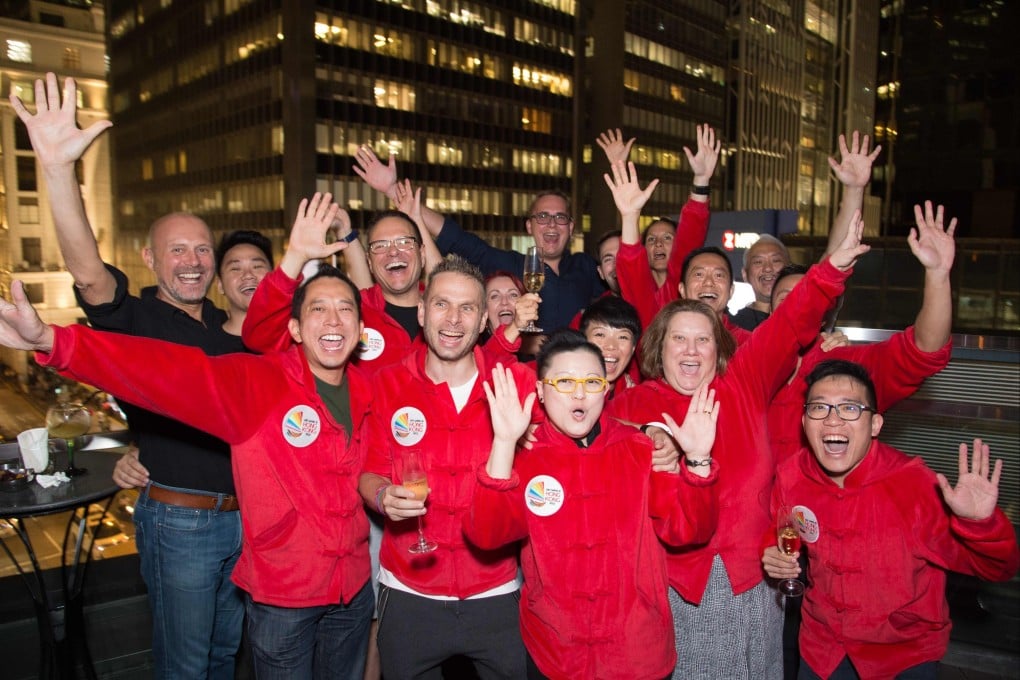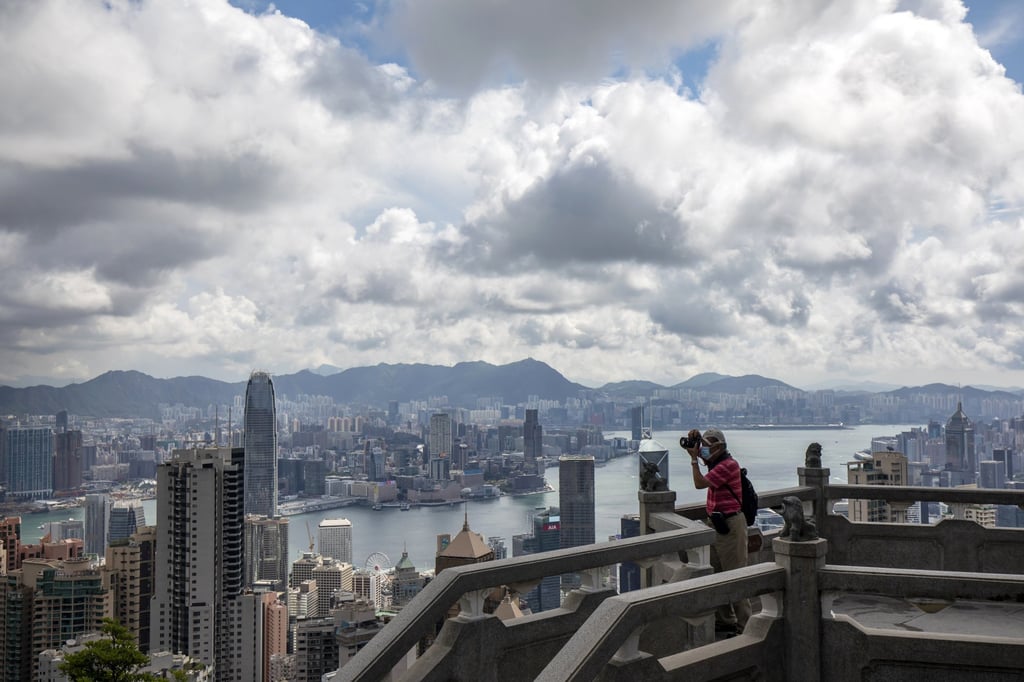Advertisement
Opinion | Why Gay Games give Hong Kong a chance to bolster its fading reputation
- Hosting the Gay Games has the potential for a large economic windfall for the city as well as a morale boost after several difficult years
- While most Hongkongers support legalising same-sex marriage, hosting the Games does not amount to a government endorsement of marriage equality
Reading Time:3 minutes
Why you can trust SCMP
13

Controversies have arisen in recent days over the Hong Kong government’s support for Gay Games 2022. Lawmakers are divided over the globally renowned event, which seeks to “promote equality for all, and in particular for LGBTQ+ people throughout the world”.
Set aside the fact that individuals’ identities are worth respecting, as well as the status of marriage equality in Hong Kong, which is a separate debate. Also set aside the symbolic value of having a flagship event that celebrates sexual diversity and individual pluralism, values that should be embedded in our city.
The Gay Games offer Hong Kong a chance at redemption after the turmoil the city has endured in recent years. First, the event is likely to bring substantial economic benefit, which could provide welcome relief to our battered economy.
Advertisement
The 2018 Gay Games in Paris generated almost €66 million (US$80 million) of economic impact and a further €41 million in additional wage earnings. A comparable windfall is expected here from the significant volume of tourists and businesses affiliated with the event.
Tourism contributed 4.5 per cent to Hong Kong’s total GDP in 2018. The industry’s collapse under the double stresses of the Covid-19 pandemic and sociopolitical unrest has left many bereft of jobs and stable income.

Legislator Junius Ho Kwan-yiu has called the expected earnings from the Gay Games “dirty money”. Tell that to the vendors, restaurants and retail outlets that have struggled during the pandemic recession. Tell them the money they need to survive is “dirty” and I’d wager most would still be open to accepting it.
Advertisement
Select Voice
Select Speed
1.00x
.png?itok=bcjjKRme&v=1692256346)